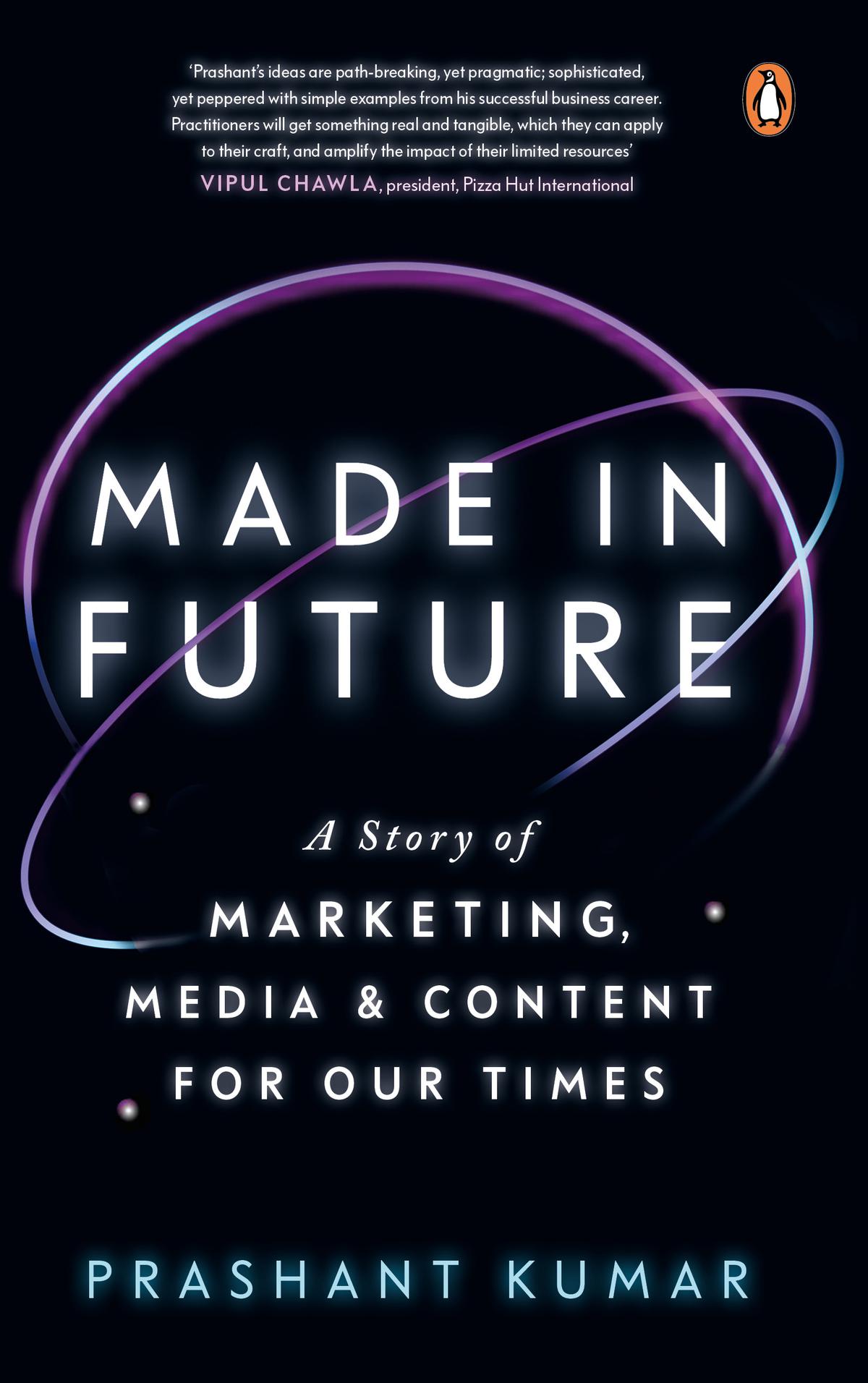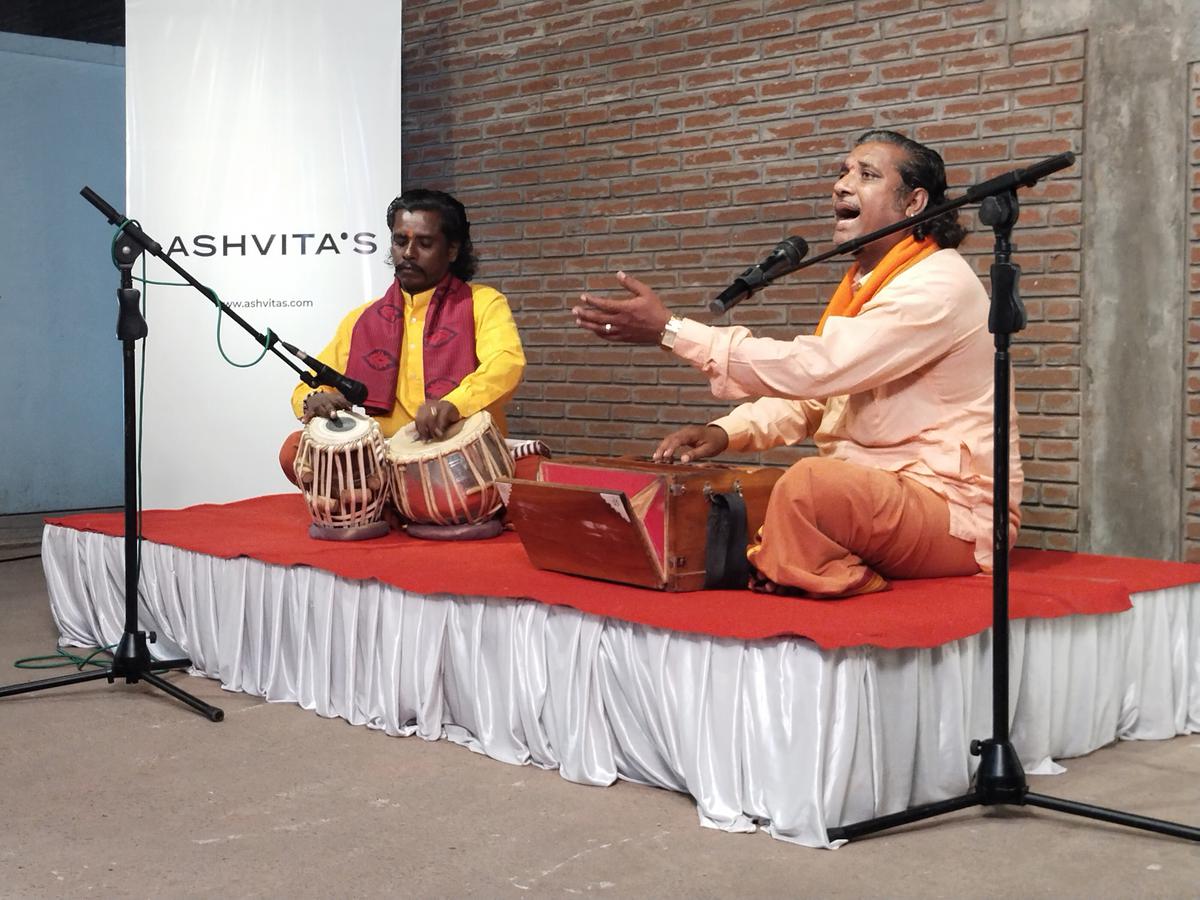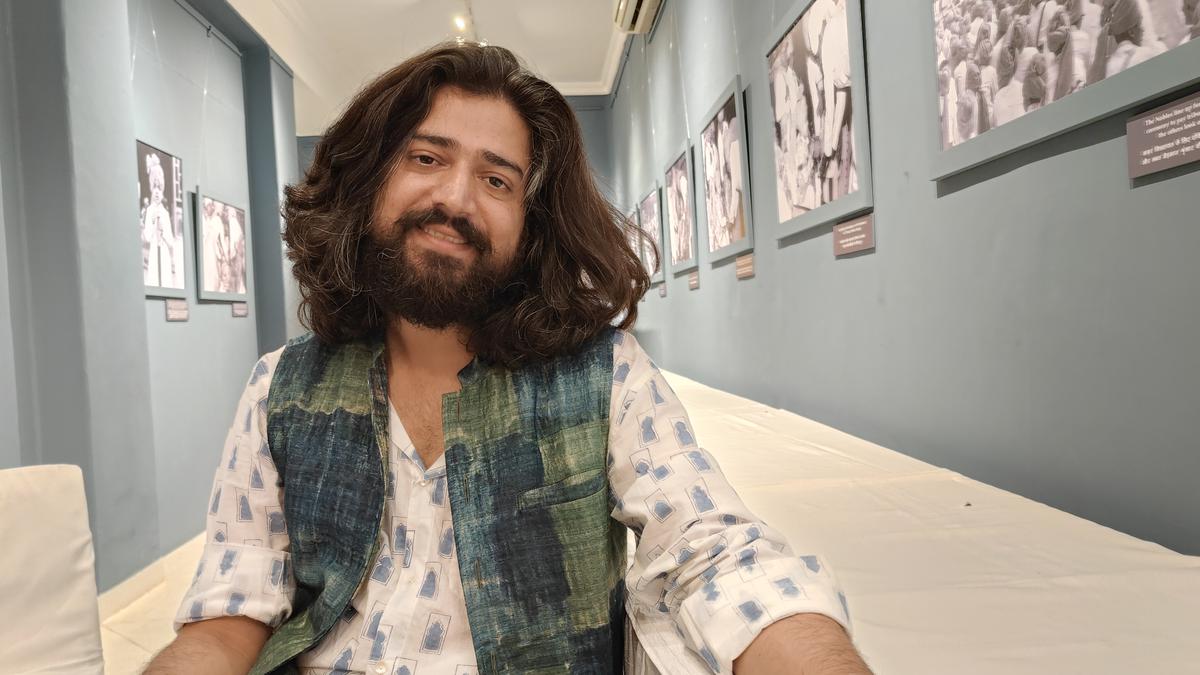Prashant Kumar, a former Cannes Lions jury member, on what to expect in 2022 and why the festival is more than its ‘party week’ reputation
Prashant Kumar, a former Cannes Lions jury member, on what to expect in 2022 and why the festival is more than its ‘party week’ reputation
It’s been two years since the event took place in person. Is this a chance for a reset?
It absolutely is. And therefore, expect lots of emerging platforms with ad-based models; tonnes of award submissions on how brands beat COVID-19 or greened the planet; and allusions to the new normal to justify anything and everything. Also, expect a post-Sandberg Meta-morphosis, a lot of references to industry 4.0 technologies, and the dark shadows of the incoming recession. Somewhere from the fog of talks, submissions and the wild bacchanalia will emerge the shape of the new marketing future. It will be a marketing made in future rather than a band-aided version of the legacy thinking of the 90s.
What are the opportunities that were not there pre-pandemic and are now with Web 3?
Well, for one, the pandemic has shown that we are all one big body of humanity. Somewhat like the tree of souls on the planet of Pandora [ Avatar], we are all connected in a single fabric of life. And hence, companies and brands, and people must start drawing their circle of empathy much wider than they have so far. The pandemic has also shown that mediated living, rather than situated living, is going to become more pivotal to the human living experience. This living will be more complex, but technology will help make it simple and efficient. We will be able to live more life per life — pack more knowledge, experiences, and more diverse survival pathways on account of this efficiency and flexibility.
The rise of blockchain and leaderless consensus have raised hopes for passing back the power to the people from platforms when it comes to their individual data. I am slightly cynical about how that one is going. If Web3.0 has to truly live to its techno-political promise, regulators need deeper engagement with the civil society and frontier corporations and lay down the baselines. Or, just like the open-source revolution, it will lead to an even greater concentration of power.
What would you say to people who comment on Cannes Lions’ reputation as a party week?
They are right, at some level. But then, it’s a week to leave your ‘box’ behind, take in the world and all that’s really going on, and be able to rethink a few things. It does require Cannes to feel a lot less like work, or our natural tendency would be to jump back into our boxes. Booze breaks the box, many would argue. If you are smart, you enjoy both parties and perspectives.
MAAD performs at a Spotify-hosted evening of music at Cannes Lions 2019.
| Photo Credit: Getty Images
Your comment on the budgets to attend Cannes Lions and that it is the opposite of inclusivity now?
Cannes was always exclusive, especially for Asians and Indians as far as I have known [I’ve been there since 2009]. Unlike Europeans, who can mostly drive down to party, even if they don’t attend the actual shows. Should it be more socialist? That’s a global question, really. I think the organisers have been trying to do a string of regional shows to bring the quality to the regions. At the end of the day, the French Riviera is not designed for everyone and Cannes is a small town. In a normal Cannes Lions season, if you didn’t book early, it’s tough to get a decent place to stay, or a seat at the restaurants. So, I suspect that the ticket prices also reflect how much appetite for the crowd the place has. Digital makes it highly efficient to view the work and the winners, and to attend the talks. But whether the efficacy is the same is doubtful. You don’t go to Cannes to see maximum work in minimum time. You go to try change your perspectives. That needs immersion. Plus, there is party.
What do you think of the many paywalls in place this year?
Well, it’s not surprising. All things worth perusing must erect some form of paywalls. Including newspapers, for instance. Organisers have waited with bated breath for the pandemic to get over. They have much growth to recover, as with all affected businesses and nations. I would surely want them to be more discerning, so they don’t leave out the curious, hungry learners in developing and mid-income countries. Companies need to chip in to help with access, too.

What are the conversations that should be had — on sustainability, inclusivity, etc?
Well, these things will get talked about. Cannes Lions is a bit like Davos, they always dial the right correctness. So why don’t we focus on conversations that should be had, but may not happen. For instance, how great is WFH for gender equality in the workplace, as women in a caretaker role, or mothers with young children can now find it a lot easier to balance work and home. Or why the armies of corporate flyers can be retired now, as people really don’t need to travel that much for work. Or half of the expensive job profiles in expensive global cities do not really need to be based there [can be based in Jaunpur or Salem or Penang]. Or that ‘obsolescence’ strategy of different sectors needs an active civil society intervention [does an iPhone really need to go slow once the new model comes in?].
Prashant Kumar is the founder of Entropia, a next-gen marketing services company, and is the author of Made in Future: A Story of Marketing, Media, and Content for Our Time







